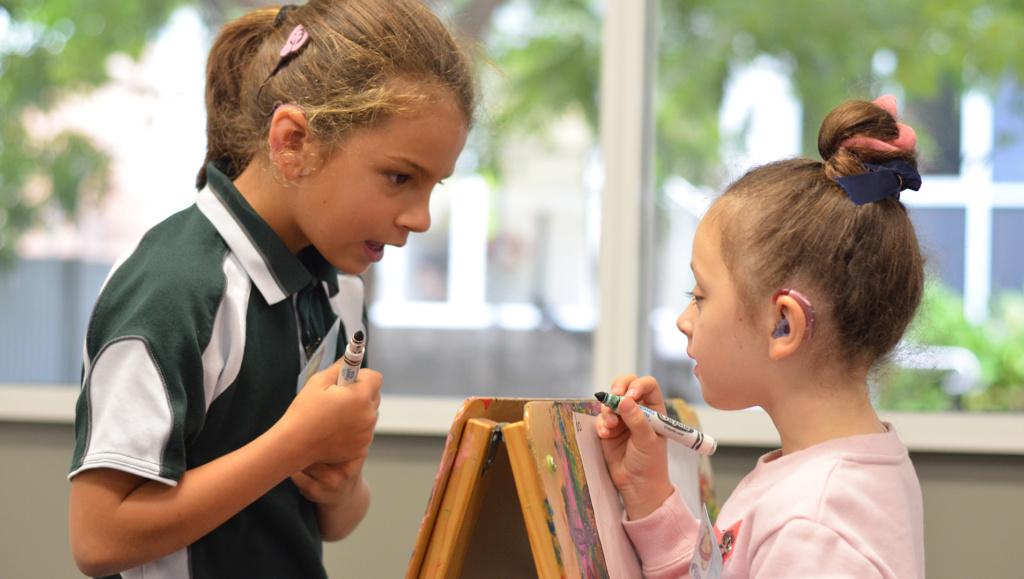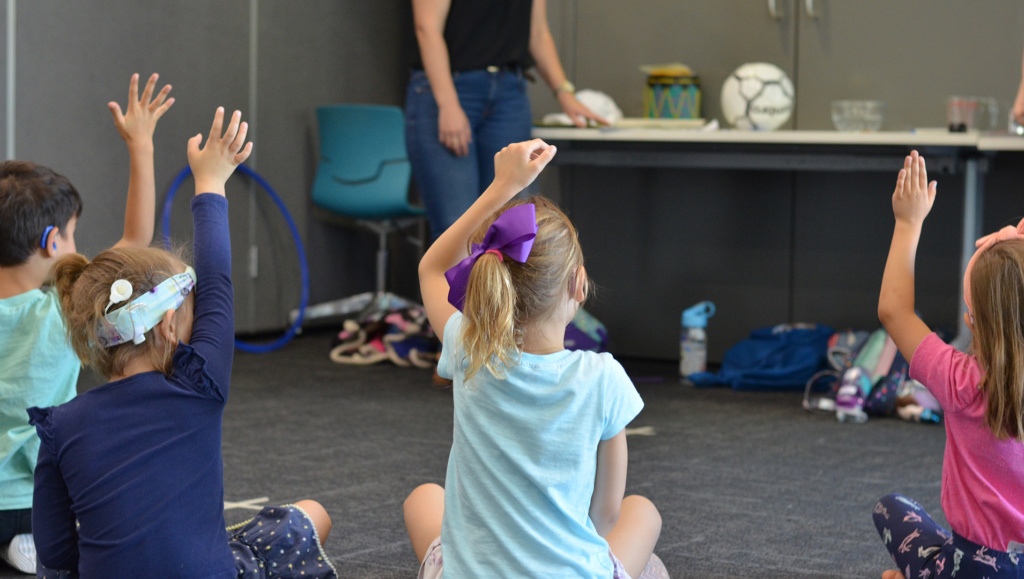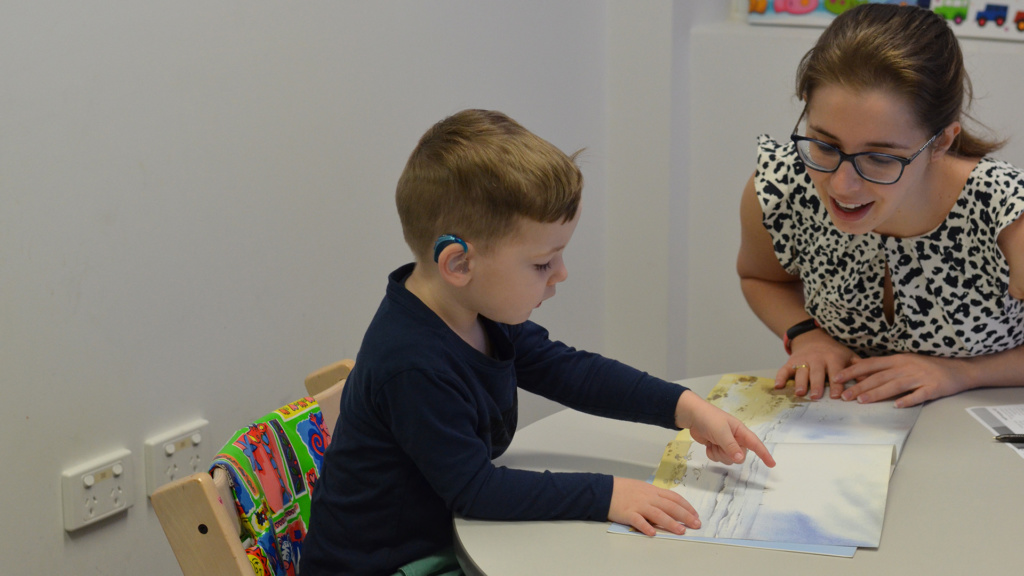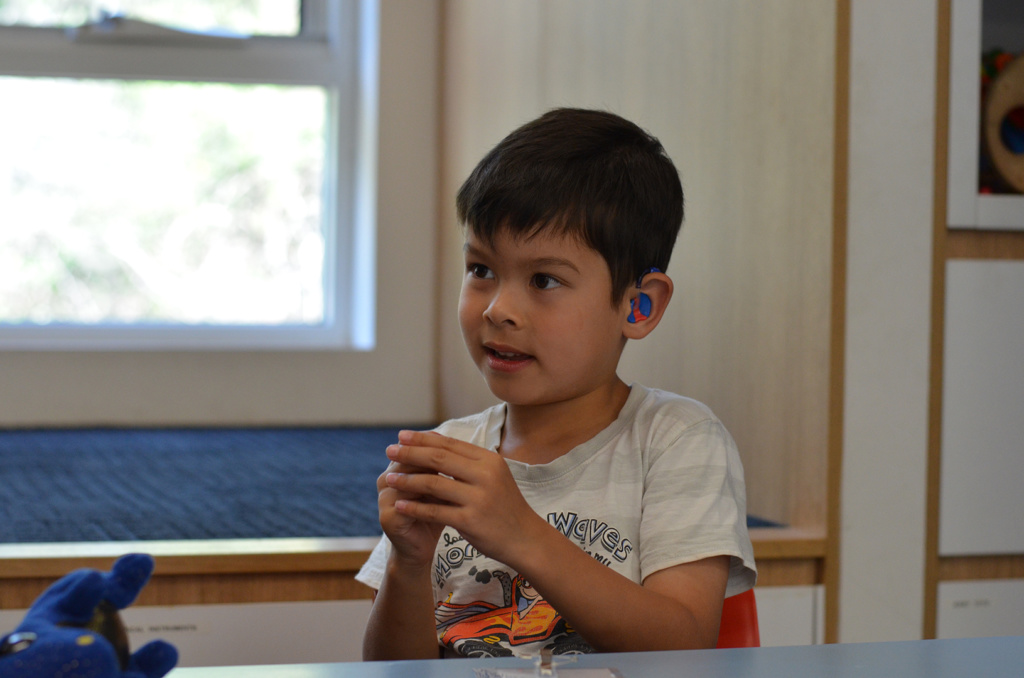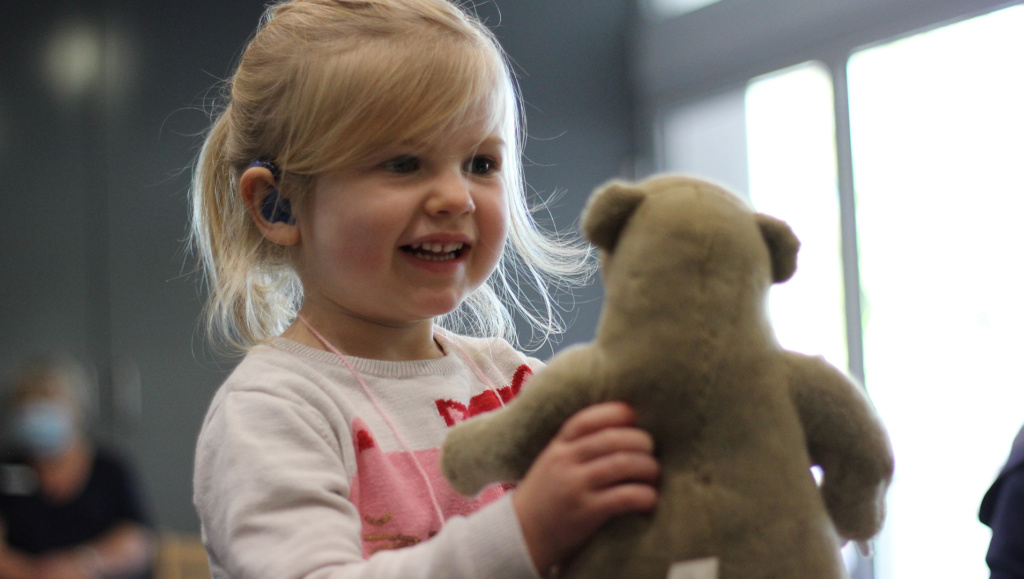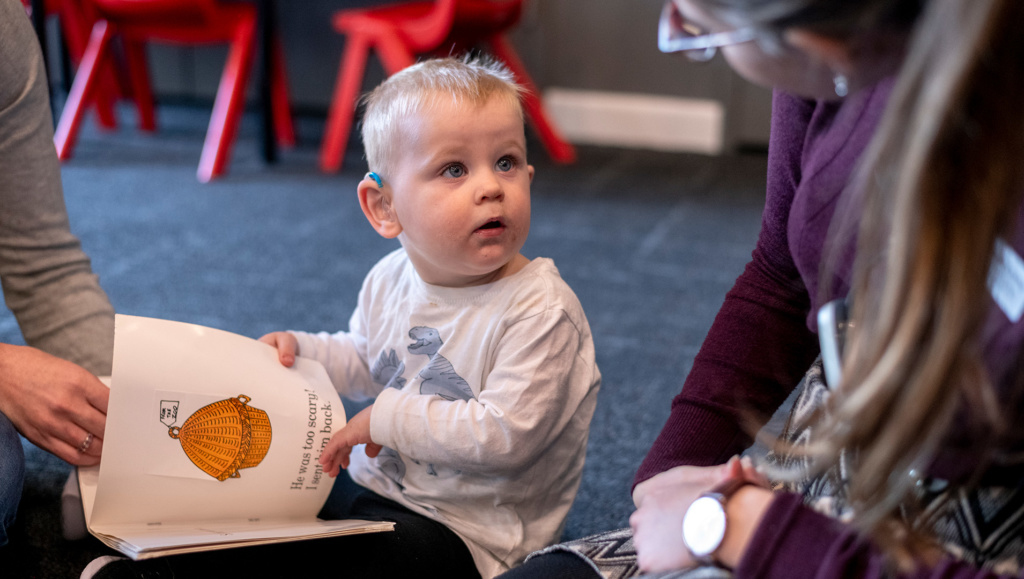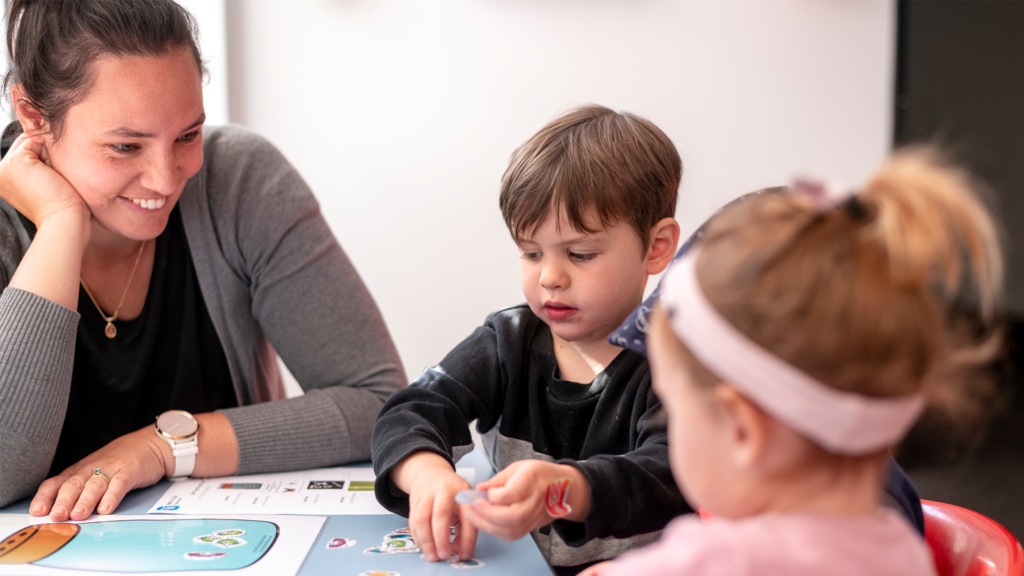Hear and Say's team of qualified speech pathologists can support your child through speech therapy services including your child's understanding, talking and literacy. Our team of paediatric experts can support across:
- Receptive and expressive language delays
- Articulation and speech clarity
- Literacy delays

